The ICCR recognises the value that other key international cancer and pathology related organisations can contribute and has therefore benefited from relationships with the following organisations:

Union for International Cancer Control (UICC)
The Union for International Cancer Control (UICC) unites and supports the cancer community to reduce the global cancer burden, to promote greater equity, and to ensure that cancer control continues to be a priority in the world health and development agenda.
The World Cancer Leaders Summit in November 2013 launched the refreshed World Cancer Declaration. Embodied in target 6 and a foundation of cancer management, is accurate diagnosis. Knowing what cancer type and stage the patient has is vital for improving patient outcomes.
“UICC has been the custodian of the TNM classification of malignant tumours consensus process for over 70 years. We are happy to endorse the ICCR and join the steering committee, to maximise synergies and build the capacity of pathologists and cancer teams worldwide to respond to the growing need for their services.”
Dr James Brierley, co-Chair of the UICC TNM Core Committee.
Efficiently and consistently reporting of these data according to international standards is fundamental for optimal cancer planning, monitoring and evaluation as well as the ability for policy makers to respond to emerging trends and have a more accurate picture of the national cancer control burden. As part of our commitment to target 2 UICC is partnering with the Global Initiative on Cancer Registration development (GICR). We strongly believe integration of ICCR with TNM and GICR advocacy will optimise opportunities for success at country level and create synergies in shaping policies that are supportive for this vital work.
“UICCs purpose is to unite the cancer community to reduce the global cancer burden, to promote greater equity, and to integrate cancer control into the world health and development agenda. The ICCR embodies this spirit – we welcome the collaboration.”
Professor Mary Gospodarowicz, Past President of UICC and co-Chair of the UICC TNM Core Committee.
Visit Website

The International Agency for Research on Cancer (IARC)
The International Agency for Research on Cancer (IARC) is the specialised cancer agency of the World Health Organization (WHO). Its mission is to co-ordinate and conduct cancer research. IARC has the objectives of promoting international collaborative research on cancer, in order to provide a scientific basis for the adoption of effective strategies for cancer prevention and control. A key activity of IARC is the development and publication of the WHO Classification of Tumours series (‘WHO Blue Books’) that are a vital resource for worldwide pathology reporting of cancer.
The identification and classification of tumour types based on the WHO Classification of Tumours is essential to the pathology reporting of cancer and is a feature of all ICCR datasets. Its importance to ICCR datasets is reflected in the ICCR development schedule which is synchronised with the WHO Classification of Tumours production schedule. IARC and ICCR have bilateral representation on their Steering Committees, as well as an agreement on the cooperative utilisation of international cancer pathology expertise.
Visit Website

Royal College of Pathologists of Australasia Quality Assurance Program (RCPAQAP)
The vision of the Royal College of Pathologists of Australasia Quality Assurance Program (RCPAQAP) is to be the recognised leader in external quality assurance in Pathology, both in Australasia and Internationally.
The RCPAQAP’s mission is to provide resources, products, services, data and insights for assessing the diagnostic and technical proficiency of laboratories in each discipline of Pathology and for the purposes of supporting patient safety, continuing medical education and research.
The RCPAQAP supports local and international initiatives to improve the quality of diagnostic pathology testing. Our team is passionate about investing in the community, making a positive contribution through mutually beneficial relationships with charities, community groups, not for profits, educational institutions and the communities in which our business operates.
Visit Website
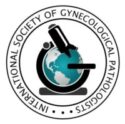
International Society Of Gynecological Pathology (ISGYP)
The International Society of Gynecological Pathology (ISGyP) is a world-wide community of pathologists and other physicians with a common interest in the pathology of the female reproductive system. The Society was founded in 1976 to facilitate exchange of knowledge about gynaecological disease and to be a forum for dissemination of new information in this area.
With its wide international membership and focus on advancing gynaecological pathology, ISGyP is an ideal collaborator on ICCR gynaecological datasets. ISGyP members on the Dataset Authoring Committees ensure the latest information and access to the ISGyP membership during the public consultation period provides very broad international review by pathologists with an interest in gynaecological pathology.
Visit Website
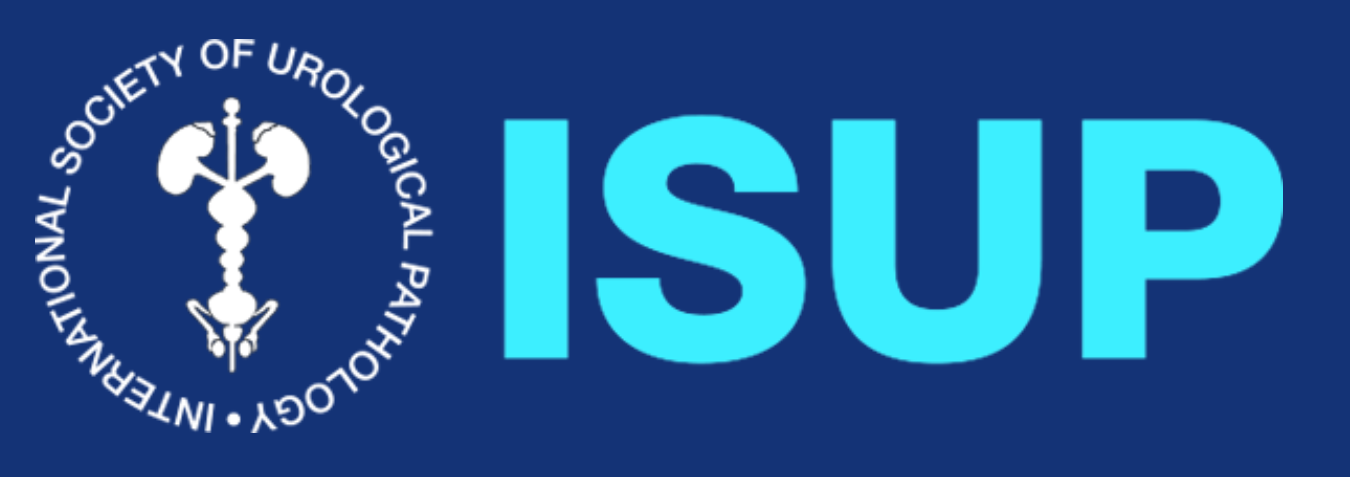
International Society Of Urological Pathology (ISUP)
The International Society of Urological Pathology (ISUP) was founded in 1992. It conducts a scientific meeting annually as part of the United States, Canadian Academy of Pathology at which over 500 delegates may attend and it regularly convenes companion meetings at the Congress of the International Academy of Pathology (IAP), the international meeting of the Union for International Cancer Control (UICC), the Australasian Division of the IAP and the European Society of Pathology.
With its wide international membership and focus on advancing urological pathology, ISUP is an ideal collaborator on ICCR Genitourinary datasets. ISUP members on the Dataset Authoring Committees ensures the latest information is available during dataset development, and access to the ISUP membership during the public consultation period provides for very broad international review by pathologists with an interest in urological pathology.
Visit Website

African Strategies for Advancing Pathology (ASAP)
In 2014, twenty-seven professionals with a common interest in increasing and improving access to diagnostic pathology and laboratory medicine in sub-Saharan Africa (SSA) formed African Strategies for Advancing Pathology (ASAP). This organisation is composed of individuals with expertise and interest in histopathology, cytopathology, medical microbiology, infectious disease pathology, information management, public health advocacy and policy, health systems, laboratory management, and process improvement. Their common goal is to increase and improve access to diagnostic pathology and laboratory services in low and middle income countries (LMICs).
Visit Website

European Organisation for the Research and Treatment of Cancer (EORTC)
The European Organisation for the Research and Treatment of Cancer (EORTC) unites cancer clinical research experts to define better treatments for cancer patients to prolong survival and improve quality of life. Both international and multidisciplinary, EORTC’s member network comprises over 4,600 collaborators involved in cancer treatment and research in more than 800 hospitals across 35 countries.
Through translational and clinical research, EORTC offers an integrated approach to therapeutic strategies, drug evaluation programs, survivorship issues, and quality of life.
EORTC Headquarters, a unique international clinical research infrastructure, is based in Brussels, Belgium, from where its various activities are coordinated and run.
The European Journal of Cancer is the official journal of the EORTC.
Visit Website

Massachusetts General Hospital Pathology Service
The Massachusetts General Hospital Pathology Service, a comprehensive academic pathology department, delivers subspecialty clinical services, hosts robust training and education programs, and performs cutting-edge research.
Visit Website
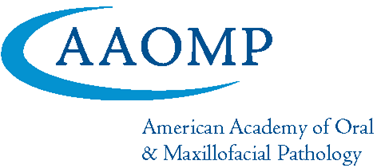
The American Academy of Oral and Maxillofacial Pathology (AAOMP)
The goal of the American Academy of Oral and Maxillofacial Pathology (AAOMP) is to identify, manage diseases affecting the oral and maxillofacial regions and investigate the causes processes and effects of these diseases.
Oral and maxillofacial pathology is the specialty of dentistry and pathology which deals with the nature, identification, and management of diseases affecting the oral and maxillofacial regions. It is a science that investigates the causes, processes and effects of these diseases. The practice of oral and maxillofacial pathology includes research, diagnosis of diseases using clinical, radiographic, microscopic, biochemical or other examinations, and management of patients.
Visit Website
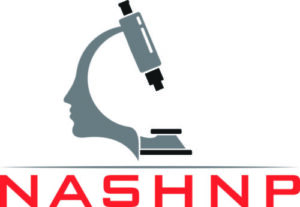
The North American Society of Head and Neck Pathology (NASHNP)
The North American Society of Head and Neck Pathology (NASHNP) was founded in 1997 as a non-profit organisation to promote, exchange and disseminate information about the anatomy, physiology, pathology and basic science and clinical management of diseases involving the head and neck.
Visit Website
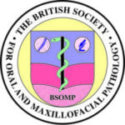
The British Society for Oral and Maxillofacial Pathology (BSOMP)
The British Society for Oral and Maxillofacial Pathology (BSOMP) was founded over fifty years ago and promotes research into and histopathological diagnosis of diseases affecting the oral and maxillofacial complex and other regions of the head and neck. It has members from across the UK as well as overseas. Members come from all areas of practice including the National Health Service and academic university departments. The Society organises an annual scientific meeting and also manages the National Quality Assurance Scheme of the Royal College of Pathologists for the diagnosis of head and neck pathology.
Visit Website
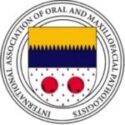
The International Association of Oral and Maxillofacial Pathologists (IAOP)
The International Association of Oral and Maxillofacial Pathologists (IAOP) was established in 1976. Its’ primary objectives are the development and promotion of the practice and science of oral pathology, the advancement of under and postgraduate education, and to further the knowledge of clinical aspects, laboratory diagnosis and applied and translational research in the speciality field of oral pathology. The IAOP aims to encourage communication between individuals of all nations in pursuance of these objectives.
Visit Website

Singapore General Hospital (SGH)
Singapore General Hospital (SGH) is a not-for-profit institution providing affordable specialist care for patients and training for doctors and other healthcare professionals. SGH seeks to bring its patients new and better care and therapies through research.
Visit Website

The International Society of Breast Pathology (ISBP)
The International Society of Breast Pathology (ISBP) is a professional organisation whose purpose is to encourage communication and exchange of new knowledge, develop strategies to better understand the biology of breast disease, promote standardisation of diagnostic and prognostic criteria, provide leadership in breast cancer research and education, foster an improvement of training programs in breast pathology and to encourage professional advancement of the members.
Visit Website
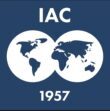
International Academy of Cytology (IAC)
The International Academy of Cytology (IAC) is a scientific, non-profit organization of cytopathologists, cytotechnologists and other professionals concerned with research in and practice of clinical cytology. It was founded in 1957 in Brussels, Belgium.
Visit Website

Bowel Cancer UK
Bowel Cancer UK is a charity aimed at saving lives and improving the quality of life of people affected by bowel cancer in the UK. They provide information and support to patients and their families; campaign for early diagnosis and access to best treatment and care; support and fund bowel cancer research; and educate the public and healthcare professionals about the disease.
Visit Website
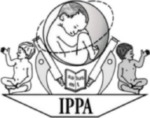
International Paediatric Pathology Association (IPPA)
The International Paediatric Pathology Association (IPPA) is an “umbrella” organisation, established in 1976, with a remit to bring together interested groups and individuals from around the world to increase knowledge of the diseases of the embryo, fetus, neonate and child and promote its application to the health needs of all countries. The main means by which it pursues these goals are by facilitating contacts between paediatric pathologists; organising conferences and teaching programmes; and by encouraging publication in the fields of developmental, paediatric (also spelt: pediatric) and perinatal pathology. Membership is drawn indirectly from Affiliated Societies and directly from individuals working in regions not covered by Affilliated Societies.
Visit Website
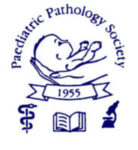
Paediatric Pathology Society (PPS)
The Paediatric Pathology Society (PPS), started in 1955 as the Paediatric Pathology Club, is composed of pathologists who specialise in or have a major interest in the pathology of the fetus, neonate or child. The Society exists to promote paediatric pathology in its widest sense, embracing all the disciplines of pathology, but most members are now Histopathologists. Membership is largely European, reflecting the origins of the Society, but is open to those from anywhere in the world.
Visit Website
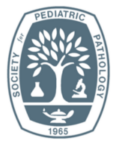
Society for Pediatric Pathology (SPP)
The Society for Pediatric Pathology (SPP), founded in 1965, is an educational and scientific organization of physicians and scientists who share a common interest in this vital field. Over 700 members of the Society practice in more than 60 Children’s Hospitals, Community Hospitals and University Hospitals of the United States, Canada and throughout the world.
It is the aim of the Society to foster research, education, and practice as they pertain to pediatric pathology, and to provide a forum for discourse among its members. The SPP connects its members and provides resources to pediatric pathologists from across the globe.
Visit Website

Stichting STOPhersentumoren
The STOPhersentumoren Foundation makes every effort to draw attention to primary brain tumours and the consequences of living with a primary brain tumour and strives to achieve a cure for this disease by supporting and possibly facilitating independent (international) research and knowledge transfer of primary brain tumours.
Visit Website
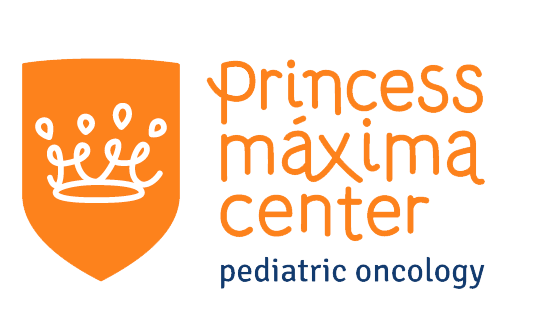
Princess Maxima Center for Pediatric Oncology
In 2018, the Princess Máxima Center for Pediatric Oncology opened; a centre where the best healthcare professionals and scientists come together in the field of paediatric oncology, to work together on a unique mission: to cure every child with cancer, with optimal quality of life. A mission that remains urgent, as one in four children with cancer dies, and many children who do survive experience the effects of radical treatments throughout their lives.
Visit Website
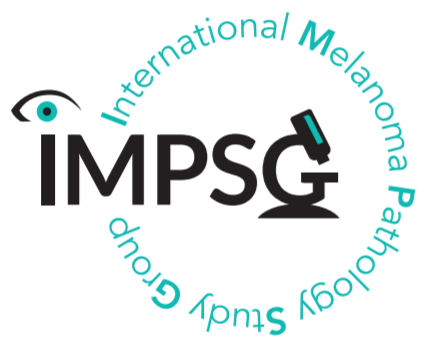
International Melanoma Pathology Study Group (IMPSG)
The International Melanoma Pathology Study Group is an international professional society of academic pathologists with a commitment to the study of melanocytic lesions and melanoma.
This Group has an affiliation with the Society for Melanoma Research but remains independent of that Society.
The goals of the Group are to promote close working and collaborative relationships among the key melanoma pathologists around the world, to coordinate research activities, to foster better communication, to develop of consensus positions on many aspects of melanoma pathology, and to provide a platform for regular workshops and symposia.
Since the founding of this organisation in France in 2007, the Group gained legal status in France as an ‘Association’, established officially November 10, 2010 with “the mission of advancing medical and scientific knowledge in the field (domain) of malignant melanoma”.
The officers registered in the creation of the Group were as follows:
Raymond Barnhill, President
Claire Lugassy, Treasurer
Richard Scolyer, Secretary.
Since 2007, International Melanoma Pathology Symposia and Workshops have been held virtually every year. Currently approximately 25 pathologists from around the world are members of the organisation.
Visit Website

World Continuing Education Alliance (WCEA)
The World Continuing Education Alliance (WCEA) is a social impact technology company focused on assisting low and middle income countries to build capacity in the training of healthcare professionals through the use of technology. This is achieved through partnerships with local stakeholders, non-government organisations, local and global education providers.
The objectives of WCEA are to significantly improve access to high quality, evidence-based, peer-reviewed education to frontline health workers, maximising the impact of donor funding through the removal of unnecessary duplication and leveraging existing resources from globally respected educators that follow World Health Organization guidelines.
We work with our stakeholders to keep the skills and knowledge of nurses, midwives, clinical officers and doctors up to date, empowering them to deliver better patient care and improving health outcomes.
Visit Website

City Cancer Challenge (C/Can)
The City Cancer Challenge (C/Can) is a city-based partnership initiative that supports cities around the world to improve access to quality and equitable cancer care. C/Can transforms the way stakeholders from the public and private sectors collectively design, plan and implement cancer solutions. C/Can uses a model for addressing access to cancer that leverages the city as a key enabler in a health-systems-response to cancer.
The Union for International Cancer Control (UICC) launched C/Can at the 2017 World Economic Forum Annual Meeting in Davos, and announced the first cities, Cali (Colombia), Asuncion (Paraguay) and Yangon (Myanmar); with Kumasi (Ghana) later joining as the first African city to partner.
Visit Website
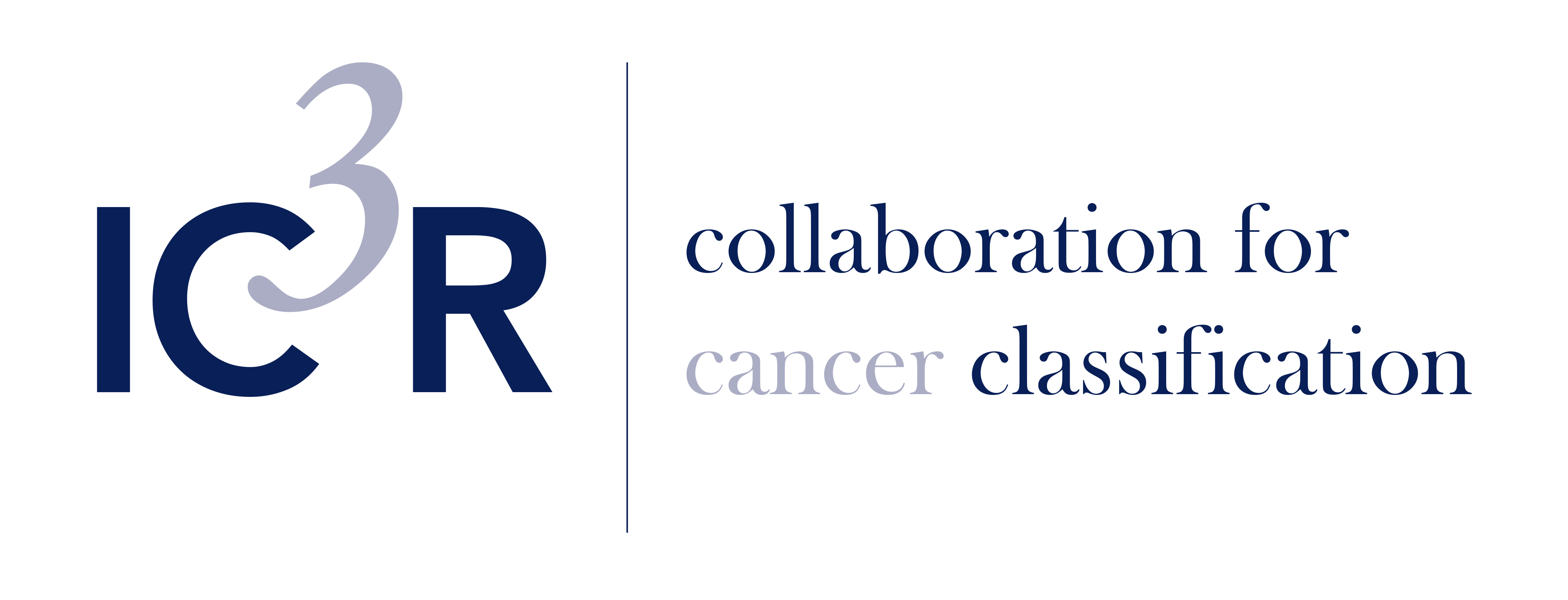
International Collaboration for Cancer Classification and Research (IC3R)
The International Collaboration for Cancer Classification and Research (IC3R) has been established to promote evidence-based practice and standards for cancer classification and research.
IC3R’s mission is to provide standards for research and appraisal of evidence for tumour classification and cancer diagnosis permitting rapid translation of tumour research into clinical diagnostic practice. This is accomplished through collaboration of leading research institutions providing high level, up-to-date evidence, promoting standards and enhancing best practices to underpin the classification of tumours, prioritizing tumour classification and diagnosis through increased cooperation. Projects are grouped under five workstreams: Evidence-Based Pathology, Quality in Research, International Database Coordination, Computational Pathology, and Molecular Pathology and Genetics.
Visit Website
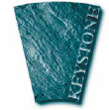
Keystone Corporate Positioning
ICCR would like to thank Keystone Corporate Positioning for their ongoing pro bono support in the areas of branding, marketing, and fundraising strategy.
Visit Website
